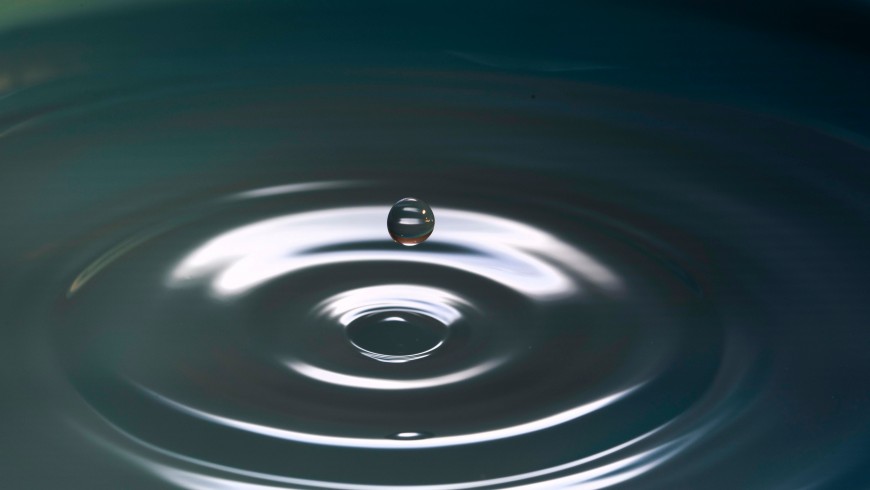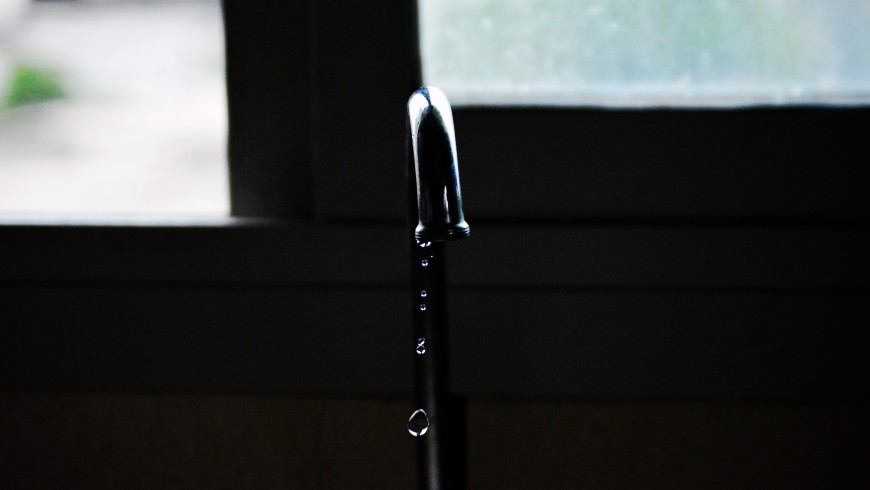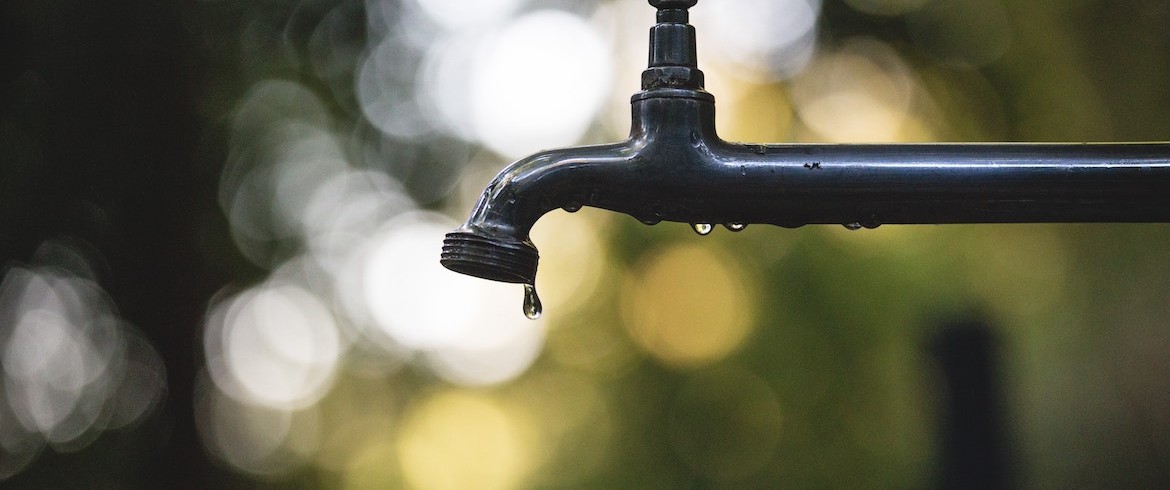We are surrounded by water, yet the fresh one, which we can use for civic, agricultural, industrial and recreational uses, is less than one percent. Theoretically, it is constantly renewed from the evaporation and precipitation cycle but because of man’s activities the quality of it is degrading more and more, and climate change will lead to a significant decrease in rainfall and at the same time to a higher water consumption.

The H2O shortage, which we are already experiencing and which in these conditions is going to get worse, could lead to conflicts in a few years. It is therefore essential to learn how to reduce water consumption both in accommodation facilities and in our homes.
Here are some easy but effective ways to reduce water:
- Apply a flow reducer to all your home or B&B taps that can save up to 50% of H2O;
- Choose the shower instead of the bathtub, which requires an amount of water four times higher than the shower;
- Buy only class A+ appliances that, in addition to consuming less energy, consume less of this invaluable resource;
- Use washing machine and dishwasher only at full load and periodically clean the appliance filter;
- Wash dishes, fruits and vegetables in a basin and use only running water for rinsing;
- Re-use whenever possible used water, for example, for washing vegetables or for your garden or plants;
- Water the plants in the evening, after sunset H2O evaporates more slowly;
- Use water-saving flushes that consume less than 4.5 liters of jet;
- Collect rainwater and use it for secondary use, for example to wash your car or for your garden;
- Provide proper maintenance to the entire hydraulic system; a tap that loses one drop per second disperses in a year about 5,000 liters;
- In the case of an artificial lake or a pool, install a recycling pump;
- Consume (or offer to your guests) as little meat as possible, a vegetarian diet consumes from 1500 to 2600 liters of H2O while a diet rich in meat can consume up to 5,400 l;

These are just some of the small actions that each of us can do to reduce our water footprint, waiting for radical change and a great cultural and political investment by our governments and politicians.
